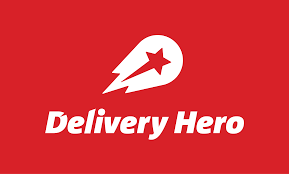Business

The simple answer is that membership of the DAX is determined mainly by market value and turnover of shares, with no profitability test (unlike America’s S&P 500 index of big firms, which requires four consecutive quarters in the black, among other criteria). And in that respect, Delivery Hero qualifies handily. Niklas Ostberg, its Swedish chief executive, boasts that the firm’s market capitalisation of 18.7bn euros ($22bn) is higher than that of several DAX members. Its share price has tripled over the past couple of years and it has attracted investments from the world’s richest companies, including Alibaba and Amazon, two global internet giants.











